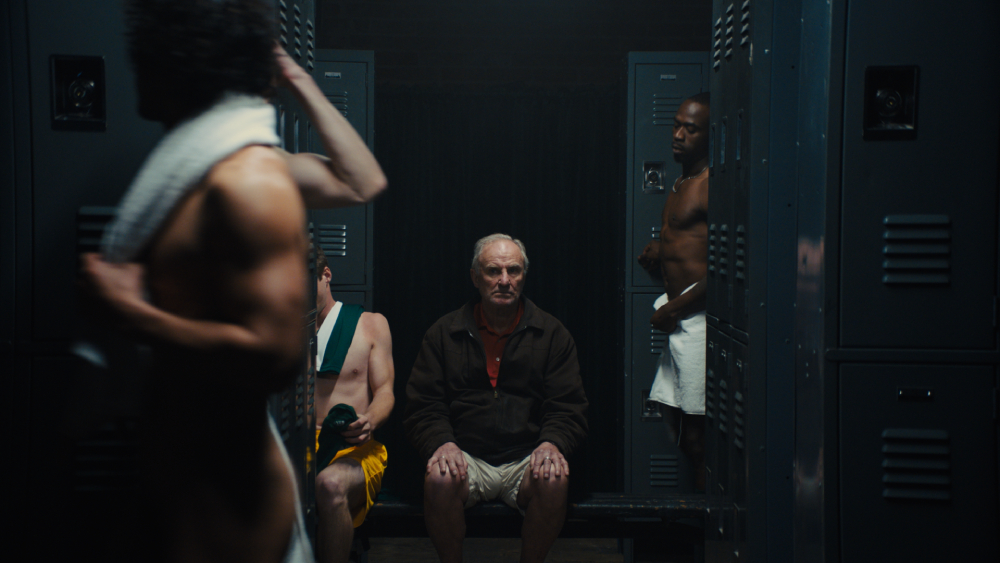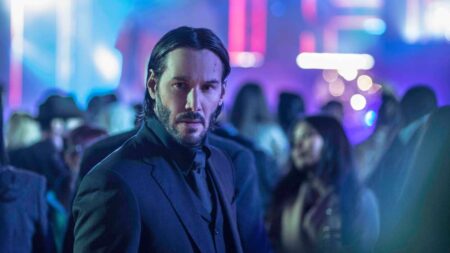When soccer player Robbie Rogers was with the LA Galaxy, he lived just a couple of blocks away from the rundown Holloway Motel on Santa Monica Boulevard in West Hollywood.
“I walked by it all the time,” Rogers tells me. “I kind of noticed it, but didn’t notice it.”
Little did he know – or anyone for that matter –that the longtime motel manager and its only full-time resident was Tony Powell, a former British soccer star who mysteriously disappeared after retiring from the game about 40 years ago.
It turns out Powell made himself disappear when he cut off all contact with his family and friends in the U.K. – including his two daughters he shares with an ex-wife — when he moved to West Hollywood.
Why?
Because Powell was secretly gay.
Powell’s story is now being told in “The Last Guest of the Holloway Motel,” a documentary that will have its world premiere on Sunday at a sold-out screening at New York City’s Tribeca Festival.
The film, directed by Ramiel Petros and Nicholas Freeman and produced by Rogers, follows Powell, now 77, as he moved out of the motel two years ago because it was being closed down and converted to temporary housing for homeless individuals. Along the way, Powell reunites with his family, including his daughters, as well as the sister of his late lover David, who died of AIDS in the 1980s.
“Watching the film, you get angry with Tony for the choices he’s made, but then you have this empathy for him because you understand where he came from. It was all very much rooted in homophobia,” says Rogers, who came out in 2013 before signing with the Galaxy after a brief retirement. “What I want people to take away from the film is that facing the truth is absolutely scary, but when you can, and when you do, the other side of that is really beautiful.”
Petros and Freeman first approached Powell after they happened to notice him on an almost daily basis drinking a glass of wine on a motel balcony. They originally planned to shoot a short about the shuttering of the motel and the city’s homeless crisis.
But then Powell began opening up about his own life. “Normally on a short project you might explore a dozen ideas that excite you, but dwindle upon further exploration,” Petros said. “But with Tony’s story the opposite kept happening. Each new layer we peeled back, or story we unfolded opened up even more exciting and emotional stories.”
That’s when the filmmakers reached out to Rogers and producer Andrew D. Corkin to join the project. “Once we had their encouragement and Tony’s blessing, we really began to dive deeper into his life,” Freeman said, adding, “What began as a chance encounter evolved into a once in a lifetime experience.”
Petros and Freeman have shown the film to Powell and his sisters. Rogers says, “I’m just happy this documentary was made because it changed Tony’s life.”
Read the full article here








